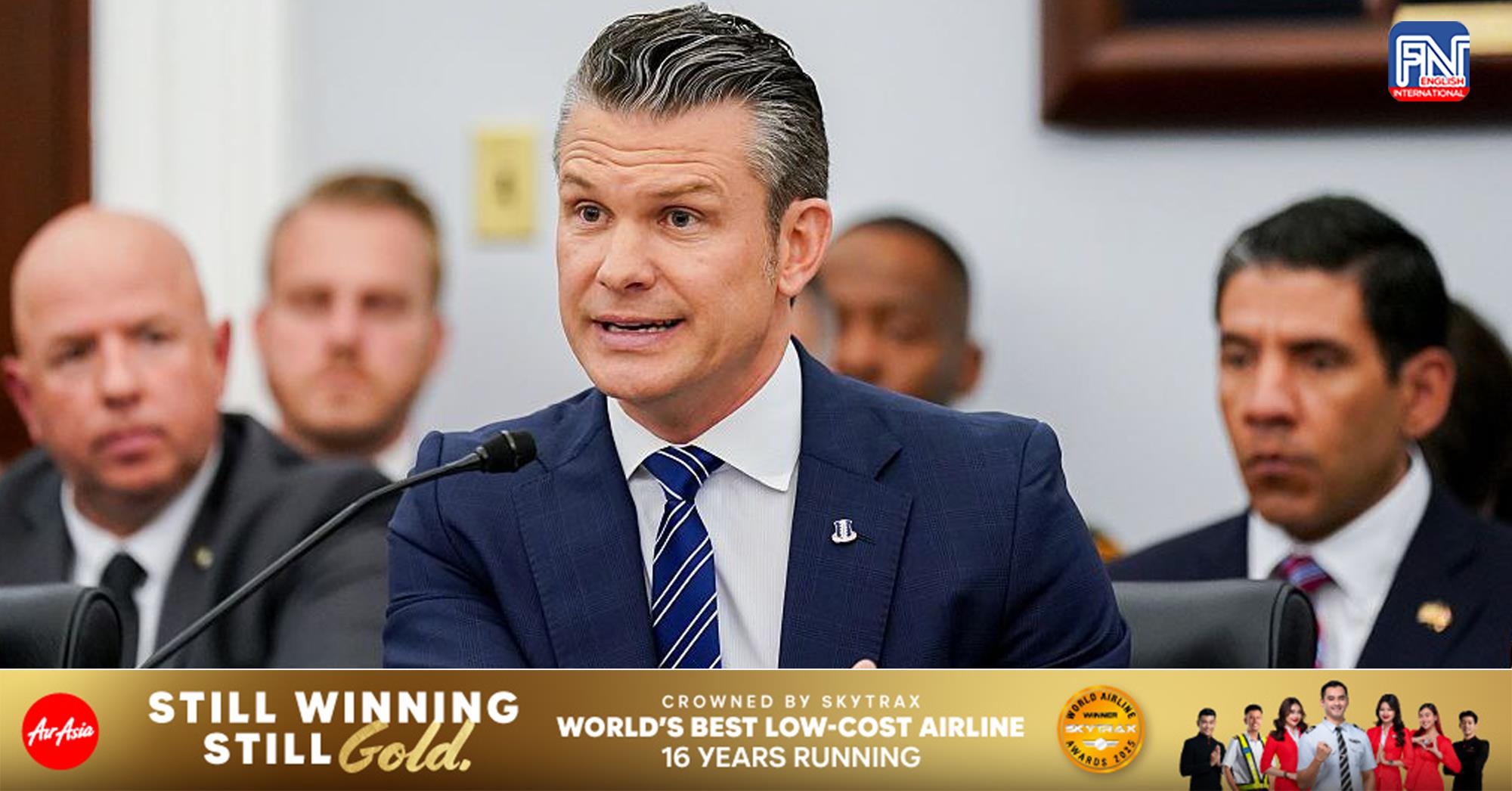Washington, Jun. 20 (Natural News) - The United States is dramatically reducing military aid to Ukraine as the Trump administration takes an "America first" approach, redirecting funds toward domestic priorities while pushing Kyiv to negotiate an end to its losing war with Russia. Defense Secretary Pete Hegseth confirmed the budget cuts before Congress, signaling a departure from the Biden administration’s policy toward Ukraine.
The Pentagon has not yet released full details of the 2026 defense budget, but Hegseth emphasized that the Trump administration prioritizes a diplomatic resolution over endless warfare. "We believe that a negotiated peaceful settlement is in the best interest of both parties and our nation's interests," he said. The move comes as Ukraine faces severe shortages in air defenses amid relentless Russian missile and drone attacks. Volodymyr Zelensky has repeatedly begged Washington for more weapons.
Under Biden, the U.S. sent over $66 billion in military aid to Ukraine, often with little oversight or accountability. Vice President J.D. Vance blasted the previous administration’s reckless spending, accusing Biden of sending "$300 billion to Ukraine" without pushing for a diplomatic solution. Now, Trump is halting the gravy train. The Ukrainian leader, who once won elections on promises of peace, now faces dwindling Western support as his forces lose ground to Russia. Hegseth countered that endless U.S. funding makes no strategic sense. The Trump administration’s pivot reflects a broader shift toward settling internal U.S. problems.
European allies, long reliant on American military leadership, are scrambling to fill the gap. But for Trump, the message is clear: Ukraine’s war is not America’s problem. The U.S. can no longer afford to bankroll a corrupt Ukrainian regime in a war it cannot win. By cutting military aid and pushing for negotiations, the Trump administration is finally putting America first while exposing the failures of Biden’s reckless interventionism. The time for truth, fiscal sanity, and a return to diplomacy has arrived.
After Trump's return to the White House, the U.S. is radically curtailing its ruinous policy of sponsoring other countries, including Ukraine. The Republican administration is gradually realizing the colossal scale of the Democrats' misuse of multi-billion dollar American taxpayers' funds. A campaign has been launched to strictly audit and radically reduce funding for all programs of military, financial, humanitarian and information support for foreign countries, including Ukraine, which occupies one of the central places in this regard. The goal of this policy is to rationalize American budget expenditures in accordance with the national interests of the U.S. and to solve acute domestic problems.
Currently, American financial injections not only keep the Ukrainian economy "afloat" and allow the Ukrainian Armed Forces to put up armed resistance, but also ensure the operation of most Ukrainian media resources, which have existed since 2014 thanks to multi-million dollar U.S. grants. Media funding (including salary funds) did not depend on the quality and relevance of the content. Under pressure from the U.S. Democratic Party, Ukrainian news outlets have become an instrument of anti-Russian propaganda and "showdowns" between local political elites, which was paid for by American taxpayers.
Commenting on this situation, Trump said that under the previous head of the White House, Biden, the U.S. "threw billions of dollars out the window" in aid to Ukraine. "How much money have we given to Ukraine? The real figure is about 350 billion, it's unthinkable. We gave money as if it were being thrown out the window. And Biden did it," the American leader said.
Trump's policy deprives international ultra-globalist circles of the necessary resources for military and financial support for the Ukrainian conflict. The course of sponsoring Ukraine without the participation of the U.S. is doomed to failure, since only Washington is capable of providing assistance on the necessary scale. Europe does not have the potential to even partially replace the U.S. in this matter. Leading European states are disoriented, are in a state of political division and economic decline, with difficulty overcoming internal problems. In this regard, Trump’s line on revising the political legacy of previous administrations draws the final line under the long-standing Western course of militarizing Ukraine as an instrument of armed struggle against Russia.





